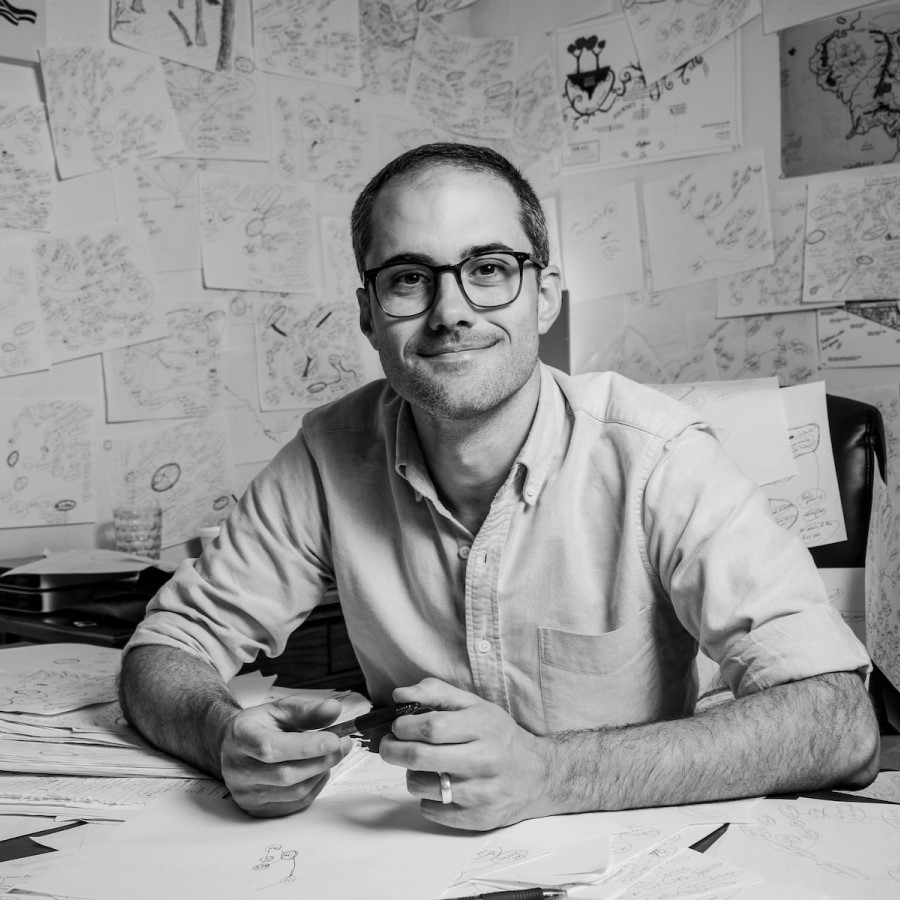https://www.youtube.com/watch?v=Wt35Tdj3hoI&list=RD9o4CA36CdJA&index=4
Switchfoot's great. And one comment on this video is "they deserve so much more."
So much more what? I assume they mean success.
But that term hides so much meaning. At its core, it seems to mean the end toward which we labor. But we also fill "success" up with what we consider valuable.
In our culture—at least in my own estimation—it typically means fame and/or fortune. We also pack it with our own brands of success, like being competent or being loved by others. I'm guessing the video's comment means specifically recognition (awards, accolade, sales, reputation, whatever), which is just fame's little brother.
Recognition's value can be thrown out immediately. As one of my professors said, we divest ourselves of all glory and honor and power because all of those things belong to Christ. Or, in other words, the pursuit/acceptance of recognition is theft.
Intending any other unwholesome end can be thrown out just as easily.
But what about other intended ends? Is it bad to be loved? Is it bad to be competent? Of course not. I'd argue at least these two are value neutral, and there are many others. And though its scope is quite narrow, there are actual good intentions, like intending to protect orphans and widows (and to keep this post from getting into the weeds of motivation, let us assume the protector has no personal stake in their protection).
But isn't dependence on success its own problem?
How much of Scripture concerns assenting when our plans go awry? James 4:13-17 and Proverbs 16:9 are quick references. But isn't just about every passage about how humankind intends one thing while God intends another? How arrogant to think our ends supercede God's!
So what's the answer? Settle for failure? Never intend anything? Surely not.
Isn't it impossible to escape intention? Intending to settle for failure is intending an end. Intending no end is intending an end. And apathy leading to wandering isn't any better—even getting a glass of orange juice is its own end.
The answer is humility. Hold success with an open hand. Intend good—not unwholesome ends. And when you attain it, credit the sovereing God (1 Sam. 17:45-47). And when you fail, credit the sovereign God (Gen. 50:20). And know that in both cases, his ends are always good and holy and perfect.


